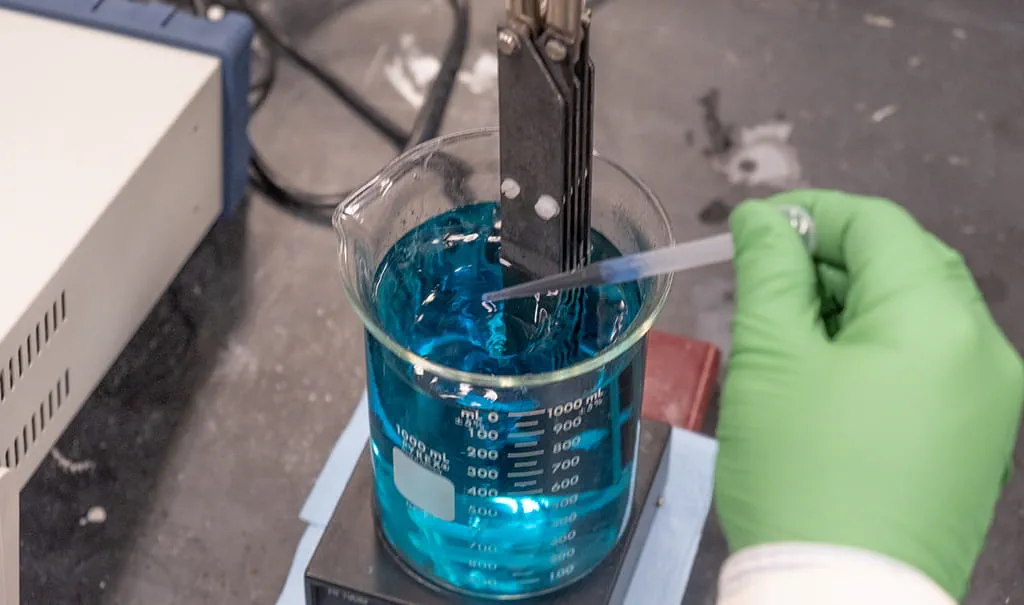PFAS (per- and polyfluoroalkyl substances) are a group of man-made chemicals that have been used in a variety of everyday products since the 1940s. These products include nonstick cookware, fast-food wrappers, firefighting foam, and stain-resistant fabrics. Because of their widespread use, PFAS have made their way into our soil, drinking water, and even our blood.
PFAS have been linked to a range of adverse health effects, including cancer, liver and kidney damage, low birth weight, and thyroid disruption. It is estimated that the chemicals have contaminated the drinking water of millions of Americans.
Scientists at Michigan State and around the world are making important strides in discovering ways to eliminate PFAS. Biochemists and soil scientists are carrying out research into potential destruction techniques, such as using novel methods to break down the PFAS compounds. However, the challenge remains in finding a method of destruction that is effective yet won’t cause additional harm to the environment.
New research being done at Michigan State University illustrates how a class of PFAS can be broken down into mostly harmless components using an inexpensive compound used in soap.
Even if a successful destruction technique is found, the global health problem of PFAS is unlikely to disappear anytime soon; the widespread use of this chemical has caused it to become a pervasive part of the environment, and its effects are felt all around the world.
To read more about PFAS and the work being done by biochemist A. Daniel Jones and soil scientist Hui Li at Michigan State University, click here for the full story.

